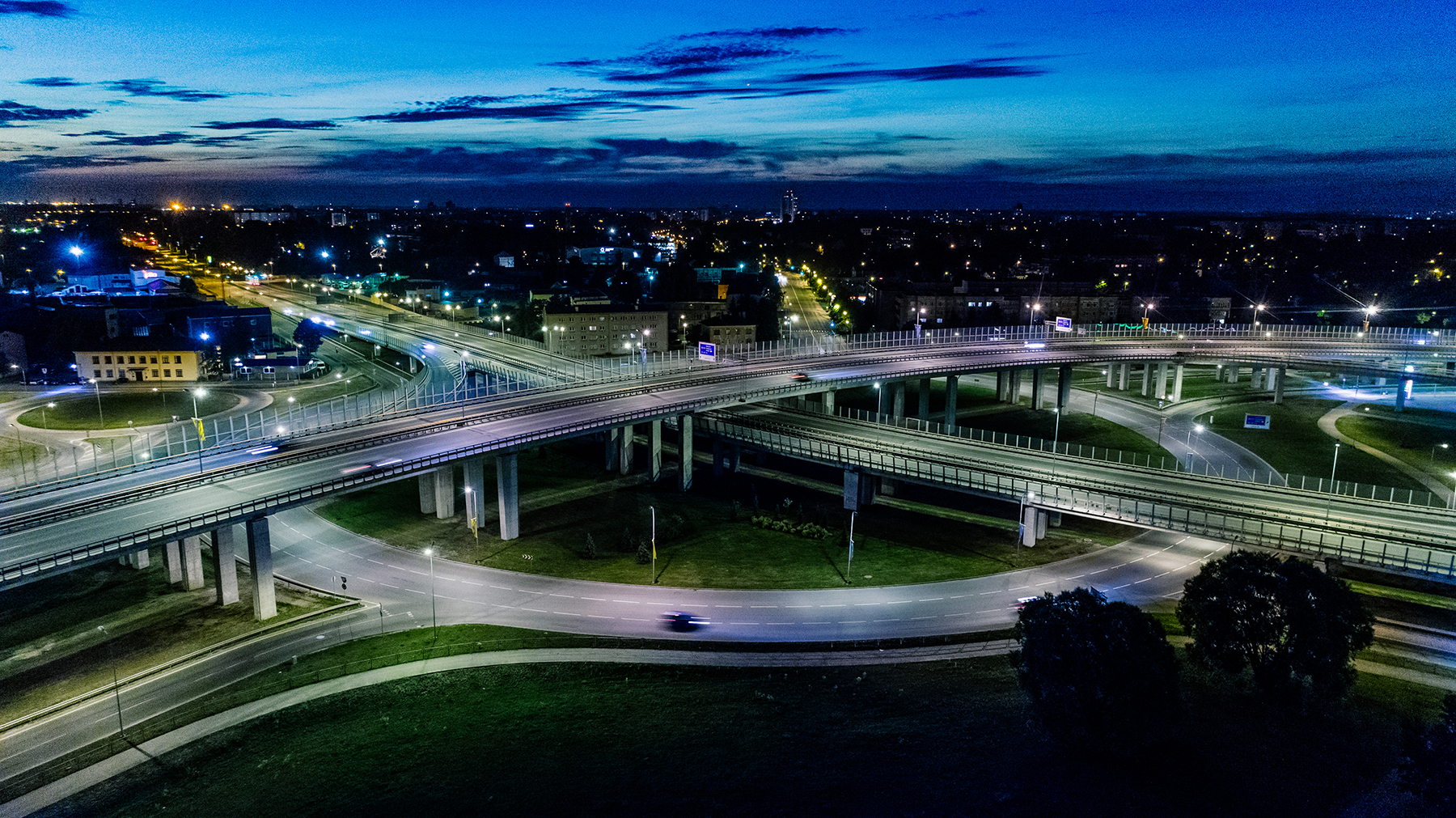The impossibly improbable has occurred and you’re the new transportation secretary.
Fifty-five thousand employees are waiting for their marching orders. Transportation “leaders” around the country – some rooting for your demise – watched your senate confirmation, all the flashy talk about reducing carbon, racial equality, and an economy that works for all. But talk is cheap, and they are ready to dissect and exploit your every move.
So what do you think about U.S. transportation?
You inherited your predecessor’s office furniture and an $87 billion budget when Congress extended the FAST Act another year. But large chunks of the department’s budget, including much of the nearly $47 billion allocated for roads and public transit are controlled by funding formulas set by Congress.
And that is precisely why your new boss hired you. He didn’t pick a fly on the wall. Significant overhaul of the nation’s infrastructure—which has become a perennial joke on Capitol Hill—will require significant negotiation with federal lawmakers.
But the shot clock is ticking. Democrats control the White House and both chambers of Congress, and pushing through your boss’s $2 trillion infrastructure reform plan will be difficult if it doesn’t happen this year when midterm elections in 2022 could change your odds.
So where do you start?
You scratch your head, but it’s obvious. You immediately dial-up Representative Peter A. DeFazio of Oregon, the top Democrat on the Transportation and Infrastructure Committee. He takes your call because he likes your boss. You have him over for dinner. The conversation and booze flow effortlessly.
Your next call and dinner party isn’t as enjoyable. Senator Bill Hagerty, a Republican of Tennessee, was one of 13 senators to vote against you. He told everyone that you will “use the department for social, racial and environmental justice causes,” instead of focusing on “streamlining environmental reviews for projects or other deregulation efforts.”
So your hands are about to get dirty. Do you win Mr. Haggerty and his 12 amigos over by funding a rural highway-on-ramp in nowhere Tennessee, even though that will increase car use? Could be worth it.
Meanwhile, those other “leaders” won’t stop pounding your door, reminding you that transportation is the biggest contributor to greenhouse gas emissions, and the Paris agreement your boss cares about is hopeless if you don’t clean up U.S. transportation.
And others bust your chops by waving studies that conclude commuting time has emerged as the single strongest factor in the odds of escaping poverty and building a better life—a bigger factor than crime, test scores in schools, or living in a two-parent home.
Still, others call the climate crisis a hoax and accuse you and your leadership of being the real crisis.
But you have money you can use to make real changes immediately, including the department’s $1 billion BUILD grant program that funds road, rail, transit, and port projects across the country. Your office controls the criteria that determine what project proposals are competitive for funding, and transportation secretaries from both parties have historically used this program to follow through on their priorities.
Speaking of which, what are your priorities?
Are you going to encourage bike lanes and bus travel?
Are you going to support sidewalks in distressed neighborhoods or cheaper transportation costs for low-income workers?
And one final question: Do you still want the job?
Robert Fischer is President of GTiMA, a Technology and Policy Advisor to Mandli Communications, and an Associate Editor of the SAE International Journal of Connected and Autonomous Vehicles.

